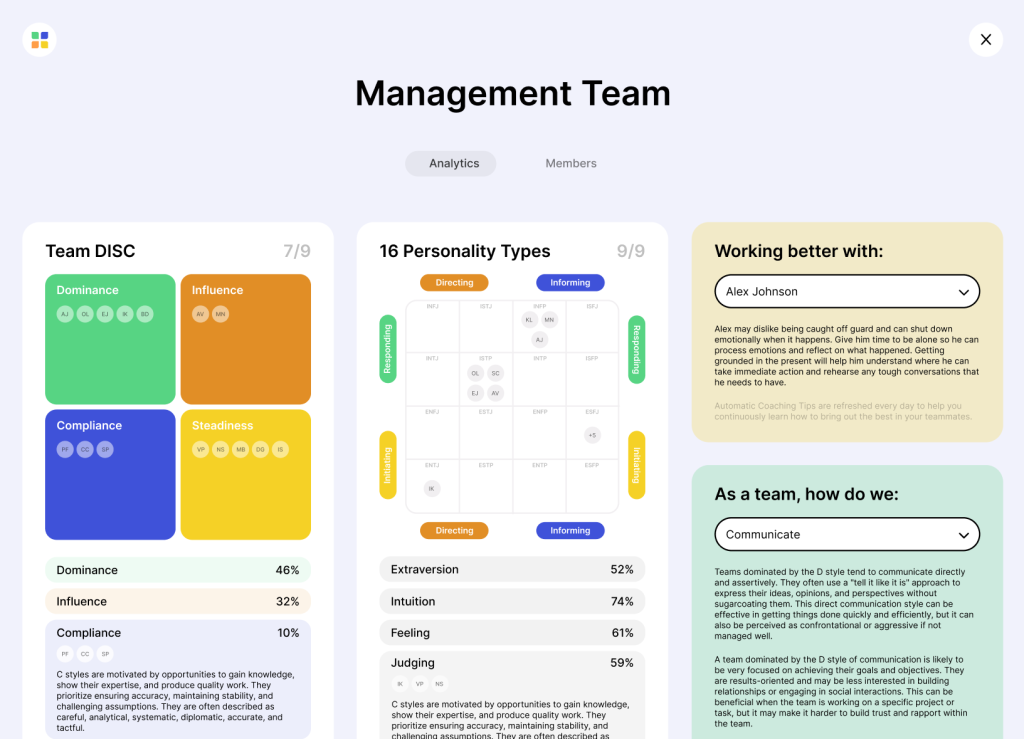Bipolar Disorder is a mental illness that is characterized by extreme mood swings. These mood swings can range from periods of extreme happiness, known as mania, to periods of deep depression. Bipolar Disorder typically develops in adolescence or early adulthood and can be a very debilitating condition if left untreated.
Knowing the symptoms of Bipolar Disorder is important to seek treatment early. By recognizing the signs and symptoms of Bipolar Disorder, you can get the help you need to manage your condition and live a healthy, productive life.
In this article, we will discuss the symptoms and causes of bipolar disorder. We will also provide some information on treatment options and resources that are available to help you cope with this condition.
What is Bipolar Disorder? Meaning & Definition
Bipolar disorder is a mental illness that causes people to experience extreme mood swings. These can include both manic and depressive episodes. People with bipolar disorder may also have psychotic symptoms during their manic or depressive episodes.
The exact cause of the bipolar disorder is unknown, but it is thought to be caused by a combination of genetic and environmental factors. This disorder is more common in people who have a family history of bipolar disorder or other mental illnesses.
Bipolar disorder can be a very disabling condition, making it difficult for those affected to lead normal, productive lives. However, with proper treatment, many people with bipolar disorder can learn to live relatively normal lives.
The most common symptoms of bipolar disorder include extreme mood changes. People with this condition may swing from feeling very happy and energized (manic episode) to feeling very sad and down (depressive episode). These episodes can last for days, weeks, or even months at a time.
During a manic episode, people with bipolar disorder may feel like they can do anything and may take risks that they wouldn’t normally take. They may also become more impulsive, talk more quickly, and have difficulty sleeping.
Depressive episodes, on the other hand, can cause people to feel hopeless, worthless, and helpless. They may lose interest in activities that they once enjoyed, have trouble sleeping or eating, and think about death or suicide.
Psychotic symptoms are also common during manic or depressive episodes. These can include hallucinations (seeing or hearing things that aren’t there) or delusions (false beliefs).
Bipolar disorder can be a very difficult condition to live with. It can cause major disruptions in a person’s life and make it hard to maintain relationships and hold down a job. If you think you may have bipolar disorder, it’s important to see a mental health professional for an evaluation.
Can Bipolar Disorder Be Dangerous?
Bipolar disorder can be dangerous. The symptoms can lead to risky behaviors that result in self-harm or harm to others. People with bipolar disorder may also attempt or commit suicide.
The manic phase of bipolar disorder can also cause people to take unnecessary risks, like spending sprees, engaging in unsafe sex, or driving recklessly. During a depressive episode, people with bipolar disorder may turn to drugs or alcohol to cope.
People with bipolar disorder need treatment to manage their symptoms and reduce the risk of harming themselves or others. Treatment typically includes medication and therapy. With proper treatment, people with bipolar disorder can live healthy and productive lives.
List of Bipolar Disorder Causes
The causes of bipolar disorder are not currently known, however, several theories exist about what may contribute to the development of this condition. Feel free to take an online bipolar disorder assessment to find out.
Some of the most common causes of bipolar disorder might be:
- Genetics
- Chemical imbalance in the brain
- Stressful life events or traumatic experiences
- Substance abuse
- Sleep deprivation
- Hormonal changes, such as those that occur during puberty, menopause, or pregnancy
- Brain injuries
- Neurological problems
- Mental health conditions such as anxiety or depression
- Having a close relative with bipolar disorder
List of 10 Bipolar Disorder Symptoms and Signs:
- Having extreme mood swings, with periods of mania (high energy and feelings of elation) and depression (low energy, feelings of sadness or emptiness, thoughts of suicide)
- Experiencing racing thoughts
- Feeling extremely irritable
- Engaging in risky behavior during manic episodes, such as spending money impulsively, driving recklessly, or having unprotected sex
- Sleeping too little or too much
- A drop in productivity
- Feeling hopeless and helpless
- Withdrawing from friends and activities you used to enjoy
- Having persistent thoughts of death or suicide
- Feeling like your moods are out of control
How To Prevent & Treat Bipolar Disorder
There is no one-size-fits-all answer to preventing and treating bipolar disorder, as the best approach may vary depending on the individual’s unique circumstances.
However, some general tips may help:
- Educate yourself about the condition. The more you know about bipolar disorder, the better equipped you’ll be to identify early warning signs and take steps to prevent an episode. An online test can help you identify which stressors might trigger an episode for you. The BPTs free bipolar disorder test is a great place to start.
- Build a support network. This could include family, friends, or a support group for people with bipolar disorder. Having people you can rely on can make all the difference when dealing with the condition.
- Stick to a treatment plan. If you’re taking medication for bipolar disorder, it’s important to take it as prescribed and attend all scheduled appointments with your doctor.
- Pay attention to warning signs. If you know what triggers your episodes, you can be on the lookout for early warning signs and take action to prevent an episode from happening.
- Get regular exercise. Exercise helps manage bipolar disorder and can help reduce stress levels.
- Get enough sleep. Sleep deprivation can trigger manic episodes, so it’s important to get enough rest.
- Avoid drugs and alcohol. Substance abuse can make bipolar disorder worse and make it more challenging to stick to a treatment plan.
Bipolar Disorder FAQ
What are the 5 signs of bipolar disorder?
Bipolar disorder, also known as manic-depressive disorder, is a mental illness that causes people to experience extreme mood changes. People with bipolar disorder may have periods of intense happiness, followed by periods of deep depression.
What is a bipolar person like?
A person with bipolar disorder may be very happy and full of energy during a manic episode. They may be irritable, angry, and impulsive during a depressive episode.
How do you calm a bipolar person?
There is no one-size-fits-all answer to this question. During a manic episode, it may be helpful to provide structure and support. During a depressive episode, it may be helpful to provide encouragement and understanding.
How are you tested for bipolar?
There is no single test that can diagnose bipolar disorder. A mental health professional will typically ask about your symptoms and family history, and may also recommend a physical exam or lab tests.
That said, online tests exist that can help guide you in the right direction.


